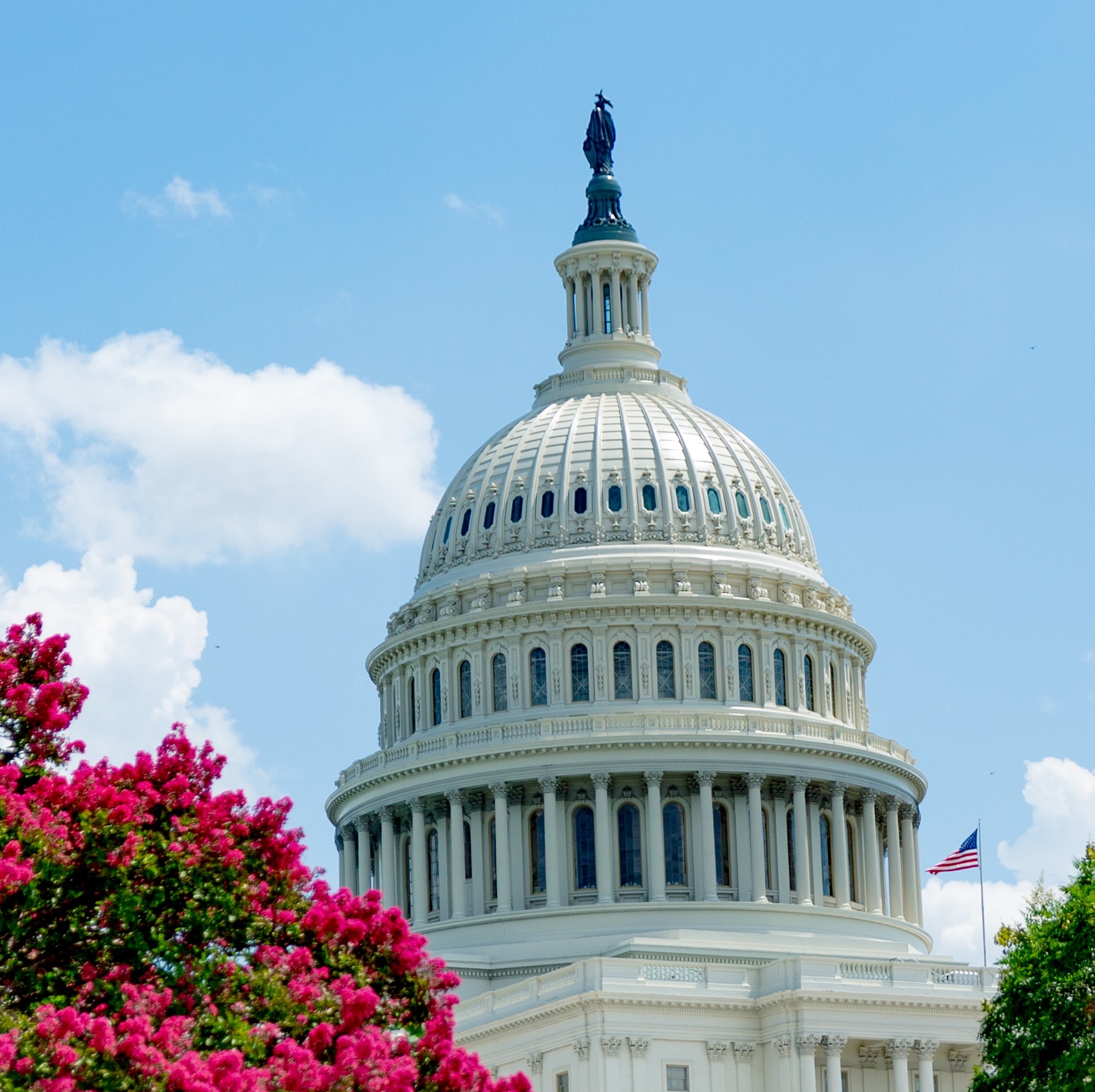
German-American Conference
This year’s German-American Conference will be held in Washington, D.C., April 15-16.
The notion that liberal democracy is “in crisis” has become a growing concern in recent years as democratic institutions and practices have lost trust among voters. Whether perceived or real, issues like polarization, economic insecurity, and increasing levels of distrust in government form the backdrop for the rise of authoritarian, anti-democratic forces.
In 2024, democracies will be put to the test. National elections will be held in over fifty countries, and some 3.9 billion people – or 49 percent of the world’s population – will be eligible to vote. With critical elections in the United States, Europe, Russia, and India, among others, the outcomes will impact not only domestic politics but also the international order. The conflicts and challenges that dominated 2023 will continue to test global democratic values and the rule of law. Looming behind the “biggest election year in history” is the concern that right-wing populists and anti-democrats could emerge victorious from all those elections. Some people believe that in the upcoming elections democracy itself will be on the ballot.
The increasing hostility toward the system of democratic self-government has multiple dimensions: On the cultural dimension, a growing rift runs through Western societies, which manifests itself in bitter clashes over issues like migration, gender, or race. Socially and economically, growing inequality and insecurity due to big transformational challenges ahead contribute to the fragility of the social fabric and fuel political dissatisfaction. Not least, increasing geopolitical tensions further weaken the stability of democratic societies as well as the cohesion between democratic countries, which in turn are less capable of defending democracy and the liberal order on the international stage.
At this pivotal moment, the American Council on Germany and Atlantik-Brücke will convene their annual German-American Conference to take stock of what is at stake in this year’s elections and address questions like: Why do political and social divisions look so similar on both sides of the Atlantic, and why now? What does democratic instability mean for the future of the transatlantic alliance and its geopolitical burden-sharing? What does this mean for the global economy — and what role can the private sector play in stabilizing our democracies?
If you would like to pre-register for the conference, please follow this link.
The conference is being held in cooperation with the American Council on Germany.
